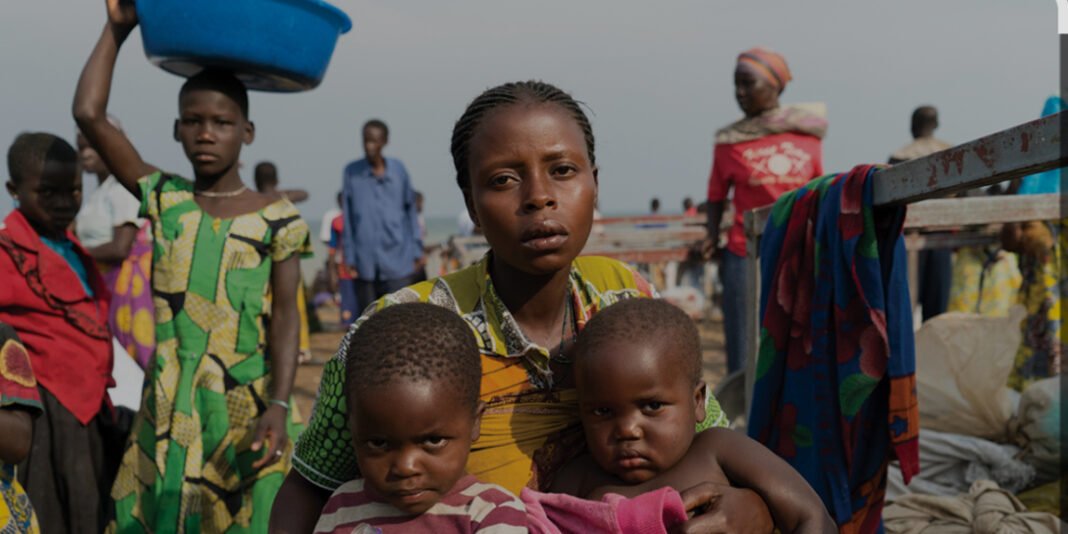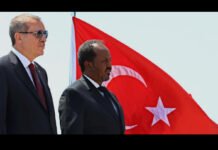By Horn Africa News
Addis Ababa – The Democratic Republic of the Congo (DRC), Rwanda, and the United Nations High Commissioner for Refugees (UNHCR) have reached a significant agreement to accelerate the voluntary return and reintegration of refugees, following high-level tripartite talks held Thursday in Ethiopia’s capital, Addis Ababa.
The joint communiqué was signed by DRC’s Minister of Interior Jacquemain Shabani, Rwandan Ambassador Charles Karamba, and UNHCR Assistant High Commissioner for Operations Raouf Mazou.
The meeting culminated in the adoption of the 2025–2026 Tripartite Technical Working Group Road Map on Voluntary Repatriation and Reintegration, which lays out clear timelines, responsibilities, and milestones to guide the process. This roadmap builds on preparatory discussions held during a two-day meeting in Addis Ababa from July 22–23.
The tripartite dialogue follows recent regional peace efforts, including the June 27 Washington peace agreement between the DRC and Rwanda and the July 19 Doha Declaration involving the Congolese government and the M23 rebel group. M23, a major actor in eastern Congo’s ongoing conflict, continues to control strategic areas, including the cities of Goma and Bukavu.
Among key outcomes of the Addis Ababa talks was a joint pledge to expedite the repatriation of approximately 600 Rwandan refugees currently residing in Goma, while also emphasizing the importance of community consultation and sustainable reintegration plans. The parties also committed to resume refugee returns under the framework of the Doha Declaration by July 2025.
The joint statement underlined that the voluntary, safe, and dignified return of refugees is vital to ensuring peace, stability, and post-conflict recovery in the DRC and the wider Great Lakes region. It also called for the needs of internally displaced persons (IDPs) to be factored into ongoing humanitarian efforts.
The UNHCR’s role was recognized as “neutral, impartial, and humanitarian,” tasked with safeguarding refugee rights and pursuing long-term solutions.
The three parties agreed to institutionalize regular technical-level meetings under the Tripartite Mechanism and reconvene at the ministerial level in six months to evaluate progress and steer implementation.
This agreement marks a notable step toward addressing one of the region’s most complex displacement crises and signals growing cooperation between regional actors and international partners in the pursuit of durable peace.





